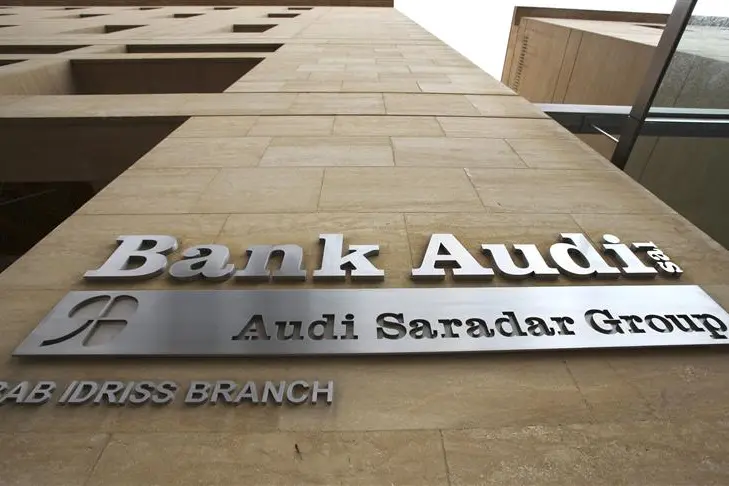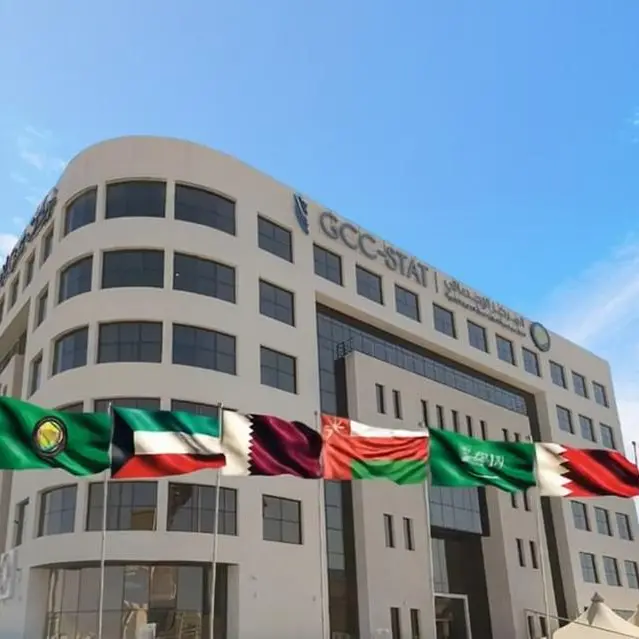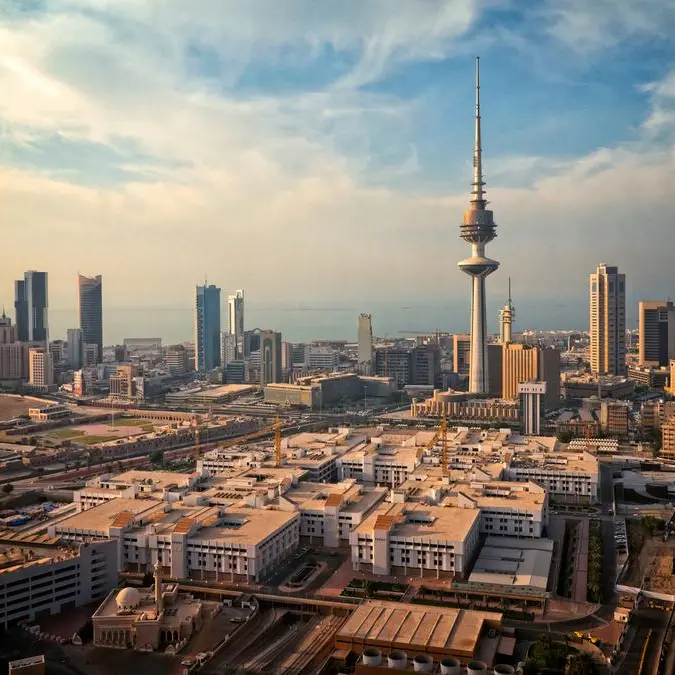PHOTO
BEIRUT: Lebanon has ample choices and alternatives to boost the states revenues and cut the deficit without the need for harmful measures, Bank Audi said in its first-quarter report on the economy. Looking forward, we believe there is still room for a soft-landing scenario in public finance conditions rather than harmful measures with long-lasting adverse effects such as devaluation or debt restructuring, Bank Audi said in its report.
It was referring to a statement by Finance Minister Ali Hasan Khalil that the government should consider debt restructuring that sent the prices of the sovereign bonds down.
Khalil later backtracked and said there was no intention to restructure the public debt.
The report added that there was still room to decrease the budget deficit and restrain debt growth through both revenue and spending measures that would hinge on increasing resource mobilization, improving tax collection, spending austerity, reforming the electricity sector and capturing CEDRE pledges, in addition to well managing oil and gas resources.
The policy statement has committed to decrease deficit-to-GDP by 1 percent per annum over the next five years, starting with the 2019 budget, from a deficit ratio of 11 percent in 2018 - the equivalent of $6 billion, the report said.
It added that the government could generate $900 million if certain austerity measures were adopted by the authorities.
With respect to spending austerity, there is room to decrease variable spending (other than wages, salaries, debt service and EDL) by 20 percent, as suggested by the governments policy statement, generating savings of $900 million, which is the equivalent of 15 percent of last years deficit. A more drastic 40 percent decrease over a longer-term scenario could generate savings of $1.6 billion out of a total variable spending of $4.3 billion, the report said.
Bank Audi argued that if the government gradually increased tariffs on consumers, the electricity sector could become profitable.
As to electricity sector reforms, there is room for the sector to become profitable in the medium term, against $1.7 billion sectoral loss last year. This could be achieved through reforming the sector, building the needed power plants, ensuring 24h electricity and raising electricity tariffs. Those tariffs can increase by no less than 40 percent (from the current 9.5 cents/kWh to 14 cents per kWh, which would still be below the global average of 19 cents per kWh), it said.
The report added that tariff increases could be introduced once the Lebanese paid a single electricity bill, rather than one to EDL and one for generator power.
Bank Audi repeated calls for ending tax evasion, but said tackling public-sector corruption was a prerequisite to increasing taxes.
Lebanon is still an undertaxed economy, with a resource mobilization ratio of 19 percent, against 26 percent in developing countries and 36 percent in advanced countries.
While increasing taxes is still subject to political bickering inside the country because of the additional social pressures that it could generate in a low-growth economy, we believe that as a prerequisite to any tax increase, Lebanon needs to ensure that public sector corruption is gradually reduced for any additional taxes to be generally accepted by the Lebanese public at large, the report said.
The efforts currently undertaken to fight corruption are welcomed but need to be complemented by more stringent measures across the public administration, it added.
Bank Audi expressed optimism about the fiscal gains the country could make by fighting tax evasion.
We believe there is room to bridge over the next five years no less than a quarter of the tax evasion gap that we estimate at $4.8 billion per annum emanating mainly from income taxes, electricity bills, VAT, customs and property taxes, the report said.
It said this would result in additional annual proceeds of $1.2 billion - the equivalent of 2.25 percent of gross domestic product - almost half what Lebanon committed to at last years CEDRE conference as a five-year fiscal deficit adjustment.
Bank Audi suggested that if all these measures were implemented, there would be no material deficit in public finances in the middle term.
In case only half of those measures take place because of domestic political conflict, there is still room to decrease the budget deficit from 11 percent of GDP to 5.5 percent of GDP at a five-year horizon and realize a soft-landing scenario in public finance conditions.
This suggests that fiscal figures are still manageable and the country did not fall into a debt trap yet, despite the worrisome fiscal standing at the current juncture.
But the report indicated that in order to ensure the success of these measures, political stability and consensus among policymakers were required.
This calls upon all the political class to embark on tough choices within the context of much-needed adjustment reforms that would ensure Lebanon would avoid the bitter cup of an appalling no-action scenario with the adverse effects that it could leave on the countrys long term economic stability at large, the report said.
Copyright 2019, The Daily Star. All rights reserved. Provided by SyndiGate Media Inc. (Syndigate.info).





















